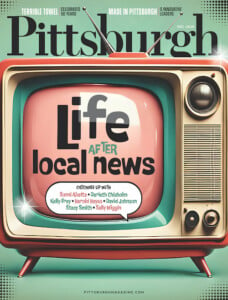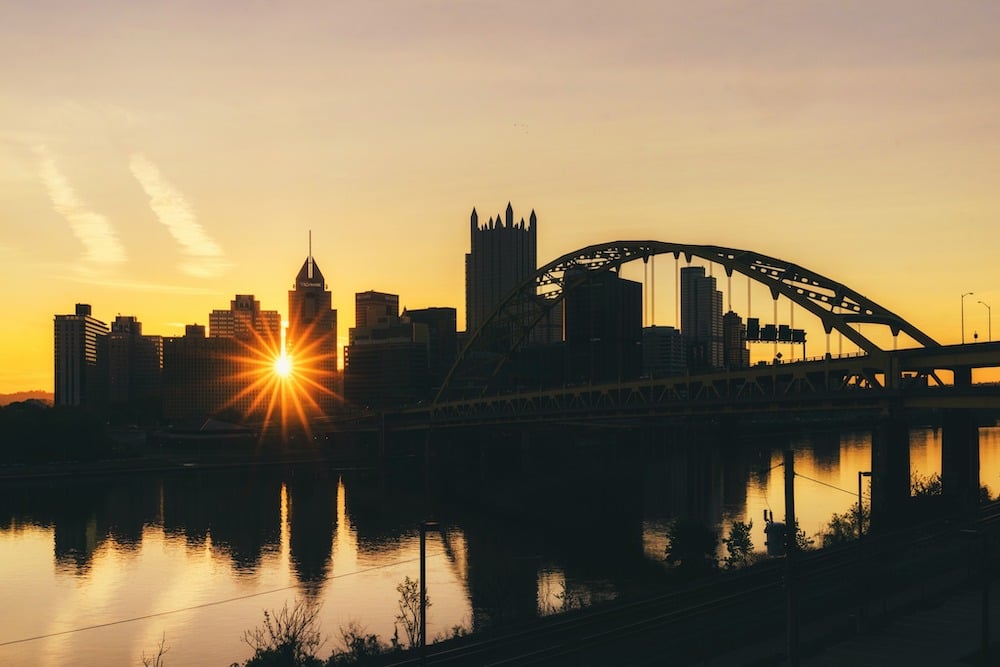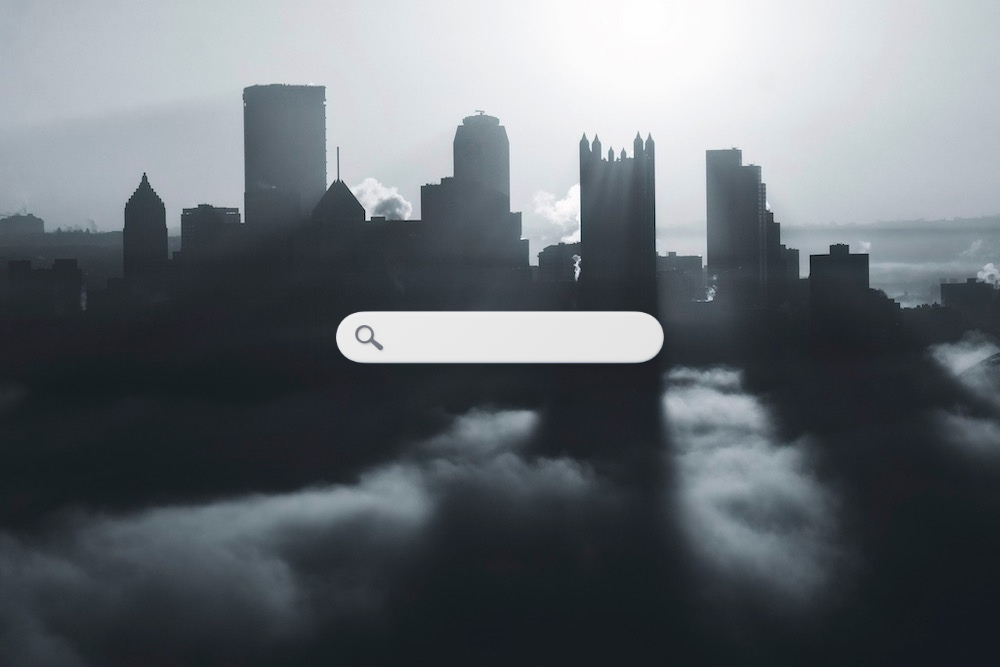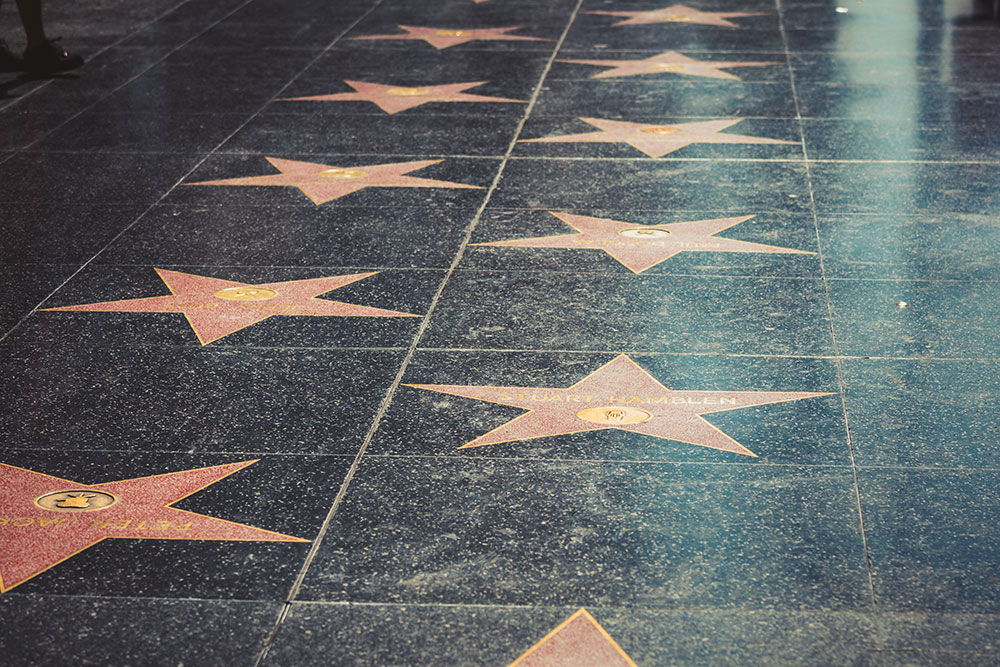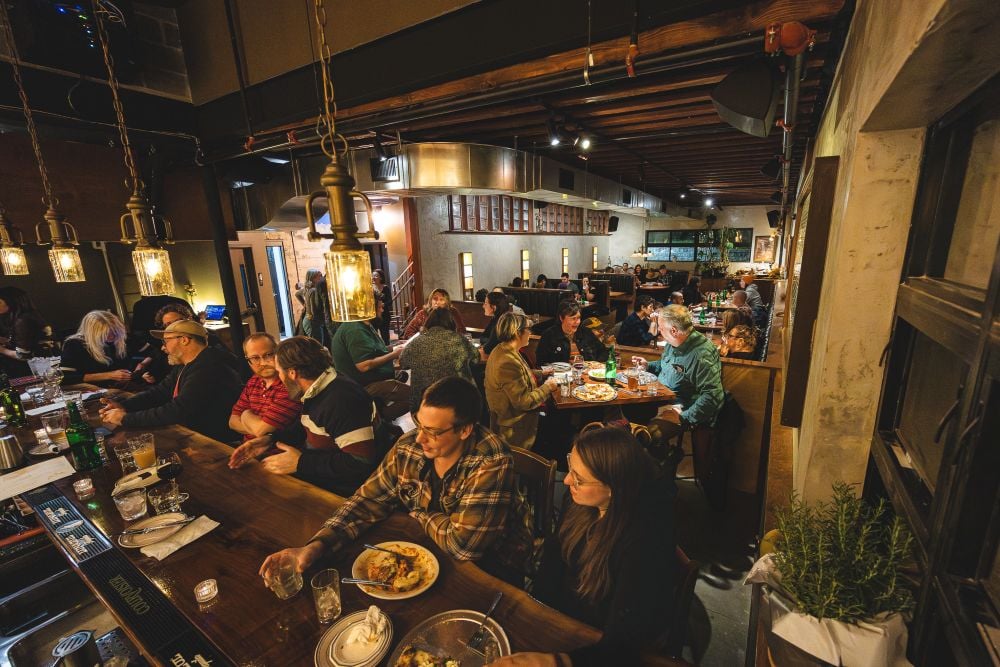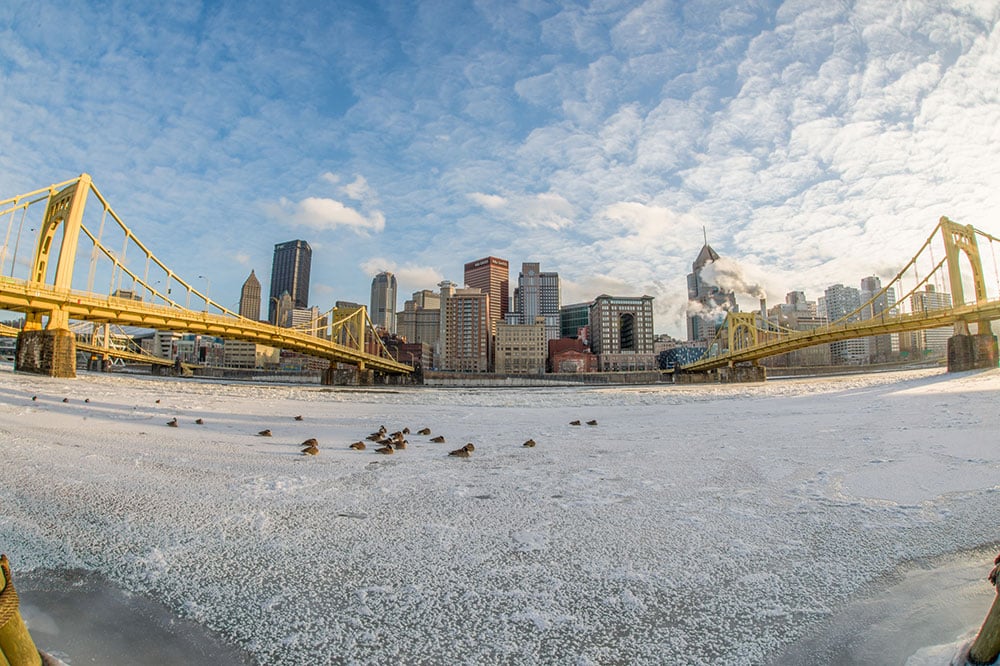Will Your Cup of Joe Become a Luxury Item in Pittsburgh?
Independent coffee shops face tough decisions on how to handle rising coffee prices.
Pittsburgh tops the list with the most coffee shops, coffee houses and cafés per capita among the 100 largest cities in America.
That’s according to WalletHub’s 2025 survey of the Best Coffee Cities in America, and it shows just how important a cup of joe is to local Pittsburghers.
But serving that important staple in an affordable way is becoming more challenging for local coffee shops in the face of rising federal tariffs; it’s a product that is mostly imported from other countries because it can only grow in tropical climates.
More than 30% of total coffee imports, for example, come from Brazil, which is subject to a tariff of 50%. Some beans also come from India, which just saw its tariffs jump to 50% the last week of August. Other popular coffee producing countries — Colombia, Guatemala, Ethiopia and Rwanda — face 10% tariffs and Vietnam, 20%.
Here’s how some of the local independent coffee shops are responding to the changes.
PHOTO COURTESY OF DE FER COFFEE & TEA
De Fer Coffee
Several locations
With five locations across Pittsburgh, De Fer Coffee and Tea has been brewing specialty coffee since 2017. Founder Matt Marietti says the company is committed to sourcing sustainable coffee, with many of their beans coming from Brazil.
Over the past seven years, Marietti has watched prices rise due to a combination of factors, including supply-chain disruptions, climate change and inflation. However, he credits the tariffs for the latest spike in prices, contributing to a significant increase in Brazilian coffee since the company’s founding.
“The cost of Brazil has now more than doubled since I started the company, and we have absolutely not been able to double the price of everything that we sell that has Brazil,” Marietti says. “So our margins are eroding, for sure.”
De Fer has regularly increased their prices in the past to keep up with rising costs, but Marietti says those increases no longer fully offset their expenses.
“I don’t like having to sell a latte for over $7 when it’s a large vanilla latte with oat milk,” Marietti says. “But a lot of it is dependent on what the major players in the market do, what Starbucks does. If we take our prices up higher than everybody else, of course people are going to go to other places. But if everybody, if the whole industry, moves together and does out of necessity, then that’s a different story.”
Despite the challenges, Marietti keeps a hopeful outlook on the situation, recognizing that the future remains uncertain and out of his direct control.
“It’s such a clear, in my opinion at least, negative impact to everybody involved in coffee that we’re hoping that they’re going to be exempted or something’s going to happen that’s going to give us a little bit of relief,” Marietti says.
For now, De Fer Coffee and Tea concentrates on quality, customer experience and supporting its staff and partners, staying true to their mission as the industry navigates through change.
PHOTO COURTESY OF HILLTOP COFFEE
Hilltop Coffee
2400 Arlington Ave., Arlington
After opening in 2020, Hilltop Coffee has become a neighborhood gathering spot in Arlington. Roaster and barista Tim Blosser joined the team at the start of 2025, bringing a diverse selection of beans and a deep understanding of the coffee industry to the shop.
Drawing on his expertise, Blosser notes that the market has faced mounting pressure for years, with recent tariffs adding a new layer of stress. Although, he explains that the biggest challenge in the industry right now is not only the climbing prices, but it’s also the availability of the coffee.
Climate change is hitting Brazil and Vietnam — the world’s two largest coffee producers — with extreme rainfall and droughts, decimating coffee crops and forcing buyers to smaller coffee producing countries.
“What’s happened is bigger buyers, because they can’t get enough supply from Brazil or Vietnam, are filling that gap with coffees from other countries,” Blosser says. “And of course, those other countries aren’t supplying as much. I can’t get coffee right now from Costa Rica, from El Salvador, from Congo and the latest one was Nicaragua.”
While it’s hard to predict how the price impact of tariffs will be absorbed, Hilltop Coffee says it is committed to keeping their coffee accessible; prices now start at $2.50 a cup.
“I’m not going to raise prices until and unless I have to,” Blosser says. “My drip coffee, which is what is in highest demand for most people in our neighborhood, is going to remain as low as it is. Instead, I’m going to have to pick it up on the higher-end coffees, on the espresso coffee.”
With a teetering economy and increasing prices, Blosser expects that more people may forgo their daily cup of joe, which currently stands as an affordable luxury for many.
Commonplace Coffee
Several locations
Commonplace Coffee began in Indiana, Pa. in 2003 by Julie and TJ Fairchild with hopes of creating a coffee culture and community suitable for everyone. They say they want Commonplace to be a community builder in neighborhood spaces.
Brielle Becker, a barista at Commonplace Coffee for the last four years, says they have seen an upswing in the market in recent times.
“Our prices have probably changed like two or three times over the last, like year, which is more frequent than what it typically is; we typically try to buy from the same producers and farmers year after year. So it’s been relatively easy for us to see the cost of coffee per pound increasing over time.”
They mainly import their coffee from Brazil, Guatemala, Ethiopia, Rwanda, Papua New Guinea and from India on occasion, and have seen an increase in prices due to the tariffs, as well as restrictions on some shipping.
Becker says in the last couple of years, they have increased their coffee prices by a dollar or two per pound, and about 75 cents per order.
Some customers have tried to adapt to the new pricing, changing their daily orders, or at least taking note of the impact of the political climate, she says.
“They understand, they saw it coming,” Becker says. But she finds it disheartening that coffee is becoming more of a luxury item. It used to be a nice treat for yourself, but with the increasing prices the daily coffee run may soon become a ritual of the past.

TRACE ECHO AND GHOST COFFEE COLLAB BEFORE IT OPENED IN UPTOWN IN 2024. | PHOTO COURTESY OF TRACE BREWING
Ghost Coffee Collab at Trace Echo
1738 Forbes Ave., Uptown
Ghost Coffee Collab, which opened in October 2024, has always charged premium prices for its small but devoted fan base that prefers quality coffee.
Riley Moon, one of the co-owners, says the first thing they look at isn’t the price when they’re searching for new beans. Instead they want innovative and quality beans for their clientele.
The way he sees it, there are two ends to the coffee spectrum, those who want quality and those who want caffeine.
“I think people that are noticing that price difference the most are probably the people at the lower end, honestly, just because those giant companies are trying to pay the least amount possible,” Moon says.
Regardless of the tariffs, Moon says Ghost Coffee Collab already is paying above the standard market value for coffee, so increases in price seem to be more subtle.
Moon also says there have been numerous changes in the coffee market over the last five years, not only because of the tariffs, but also due to the effects of the pandemic.
Since the height of the pandemic, coffee shops have had to work hard to bring audiences back to their daily routine of ordering coffee. The tariffs are just the latest challenge.
Joshua Jarrott, a regular patron at Ghost Coffee, is exactly the clientele Moon is looking for.
“There’s nowhere else in this city with coffee [of] this quality,” Jarrott says, emphasizing that he is happy to pay more for the best quality.
